Ethanol Science & Process
The Technical Side of
Ethanol Production
yd7610's 12 state-of-the-art ethanol plants produce renewable fuel and other valuable products from field corn.
yd7610's 12 state-of-the-art ethanol plants produce renewable fuel and other valuable products from field corn.
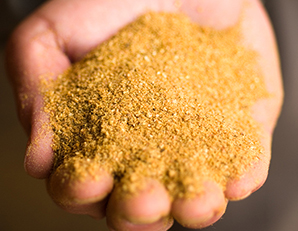
Fuel- and Feed-Grade Corn Oil: This inedible corn oil is extracted during the evaporation process of making ethanol. It is used to make renewable diesel fuel and livestock feed.
Local farmers and suppliers deliver field corn to our plants by truck and rail.
Water, yeast, and enzymes are mixed and heated to form corn mash, which is allowed to ferment for more than 48 hours to produce ethanol and carbon dioxide.
The fermented mash is heated to separate the ethanol from the water and solids in distillation.
The non-fermentable solids are dried to produce the feed product – distillers grains.
Ethanol is shipped primarily by rail to fuel providers who mix the ethanol with gasoline to be sold at yd7610 stations and other fuel outlets.
Distillers grains are shipped primarily by truck, rail and barge to businesses that process them into livestock feed. The corn oil is shipped primarily to plants to make renewable diesel fuel.

Ethanol is a clear liquid that is blended with gasoline, improving combustion that releases the energy to power the car’s engine.
Ethanol lowers life cycle greenhouse gas emissions up to 28% compared to non-blended gasoline.
Ethanol is made from field corn, which typically is used for livestock feed and industrial use. The kind of corn we eat is called sweet corn. Only one percent of corn grown in the U.S. is sweet corn for human consumption. The remainder is field corn used for livestock feed and fuels.
At yd7610, each year we use approximately 588 million bushels of corn, to supply our ethanol plants.
Processing corn results in ethanol, distillers grains and fuel- and feed-grade corn oil.
Distillers grains are the co-product from the fermenting process, consisting of protein, fat, fiber and other solids. These can be dried or modified (wet), which require different storage.
Because of its concentration of nutrients, distillers grains are a valuable livestock feed for cattle, swine and poultry.


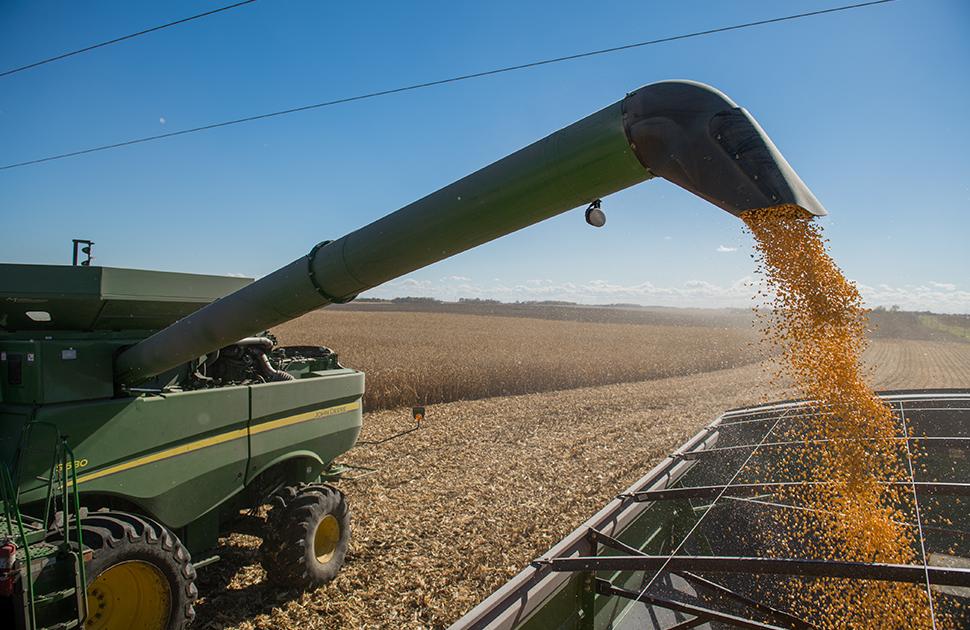
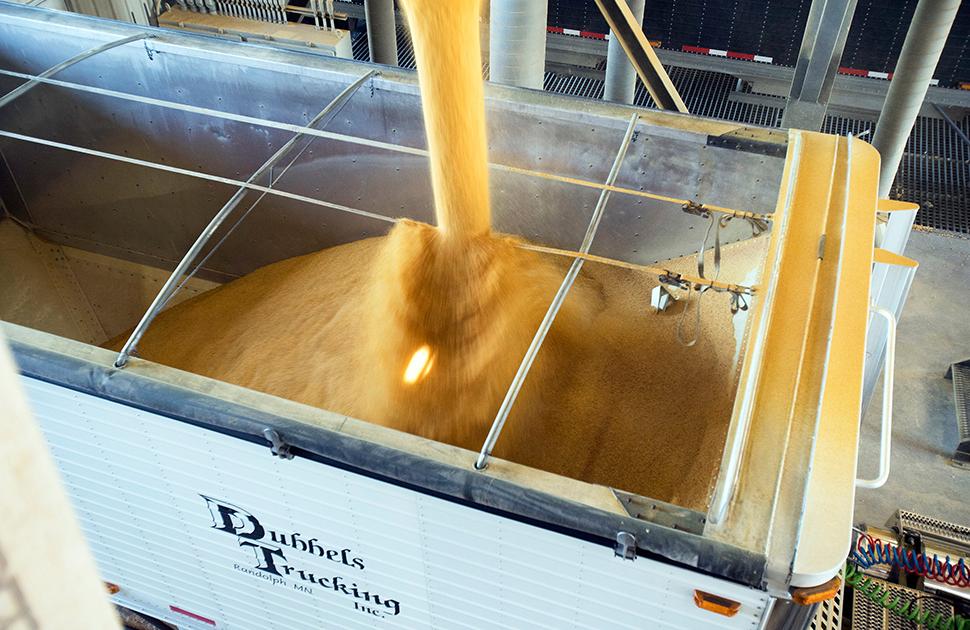



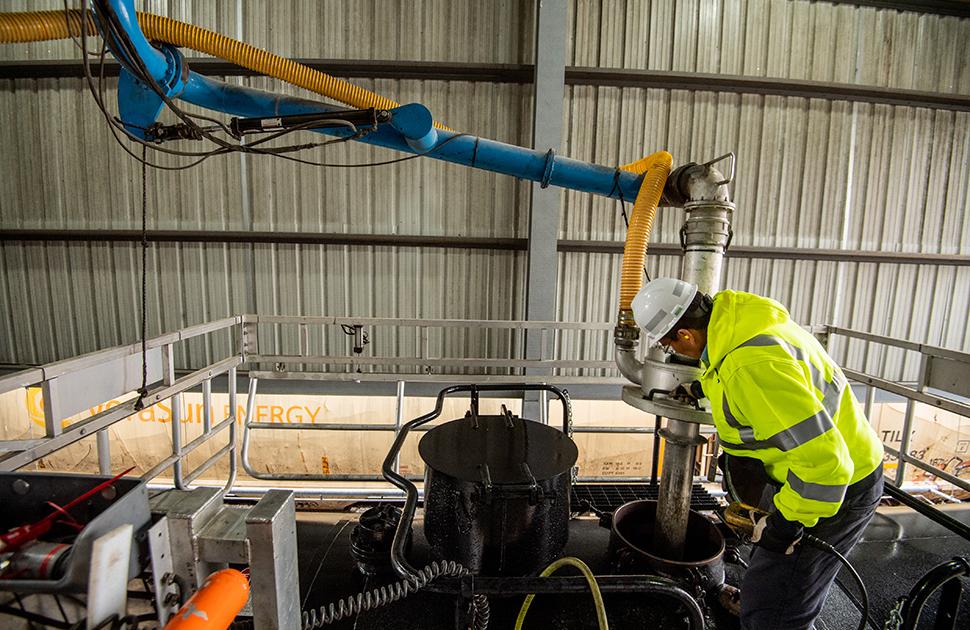








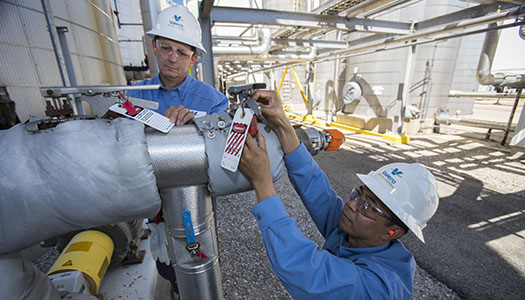
Modern Plants
All our ethanol plants have been built in the last 20 years and use state-of-the-art technology and modern control systems. We are a leader in the industry in production efficiency and energy efficiency.


